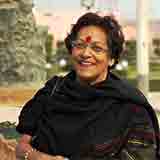The Kolkata film festival nobody knows about
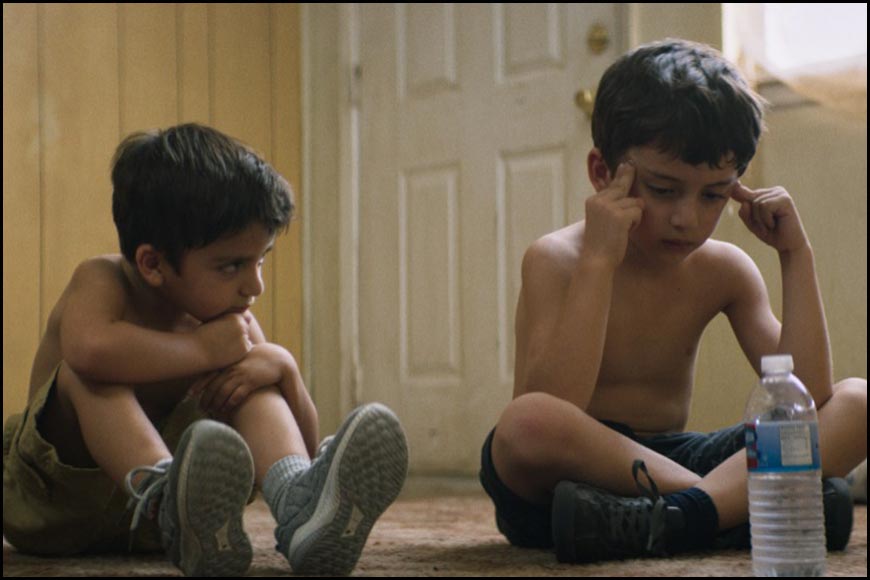
A still from Los Lobos
The Arthouse Asia Film Festival has been running for five years in the city of Kolkata. But thanks to a lack of publicity and marketing, and most importantly, sponsorship and funding, very few cinebuffs in the city are aware of this wonderful film festival. This year, screenings were held from February 21-28 in three shifts, with repeat screenings each day for those who may have missed these the previous day. The screenings, panel discussions, online interviews with filmmakers and masterclasses were held at Basusree Cinema, running for four generations in the city with a cultural history of its own. This is one of the very few physical festivals that successfully blended the real with the virtual.
According to young 29-year-old festival director Shapath Das, “The goal of the Arthouse Asia Film Festival is to enable a conducive environment for arthouse independent films to thrive. The film festival is an outcome of the Art Asia Film Foundation. Its aim is to generate a fund through crowdfunding principles in order to support and nurture arthouse filmmakers.”
The Golden Wood Award for Best International Short Film went to Sameh Alaa’s I Am Afraid To Forget Your Face. The 15-minute film hardly has any dialogue, and has been shot in soft tones of monochrome, it defines a genre unto itself about the forced separation of a pair of very young lovers, defining an art form one has not seen yet.
The festival had an exciting line-up of 32 films, comprising 10 feature films, 15 short films, and six 'Arthouse Specials'. It had four world premieres, six Asian premieres, and seven Indian premieres. Noted director Bauddhayan Mukherji and his wife/producer Monalisa Mukherji acted as mentors of the festival, arriving from Mumbai to attend the festival on all the days, participating in discussions and question-answer sessions with the filmmakers who were present and introducing some films as and when.
Two top awards for the best films were chosen online by an international jury that includes Rahul Desai of Film Companion and Rada Sesic of The Rotterdam International Film Festival.
The Golden Wood Award for Best International Short Film went to Sameh Alaa’s I Am Afraid To Forget Your Face. The 15-minute film hardly has any dialogue, and has been shot in soft tones of monochrome, it defines a genre unto itself about the forced separation of a pair of very young lovers, defining an art form one has not seen yet. It is an Egyptian love story that has been screened at many festivals, including Cannes. The concept has a certain timelessness and will appeal to a universal audience.
Anita, directed by Sushma Khadepaun, received the Silver Wood Award for Best South Asian Short Film. This is a Gujarati language film which, within its 17-minute span, essays the story of a NRI couple who have come to India after a few years and a reception is held in their honour. The conservative and very affluent extended family does not like the news that Anita has got a job she covets very much and persuades her husband to agree. The attempts to thwart her intentions makes for the climax of the film.
Los Lobos, directed by Samuel Kishi Leopo, narrates a touching and very sweet story of two little brothers, Max and Leo, who are brothers in real life too.
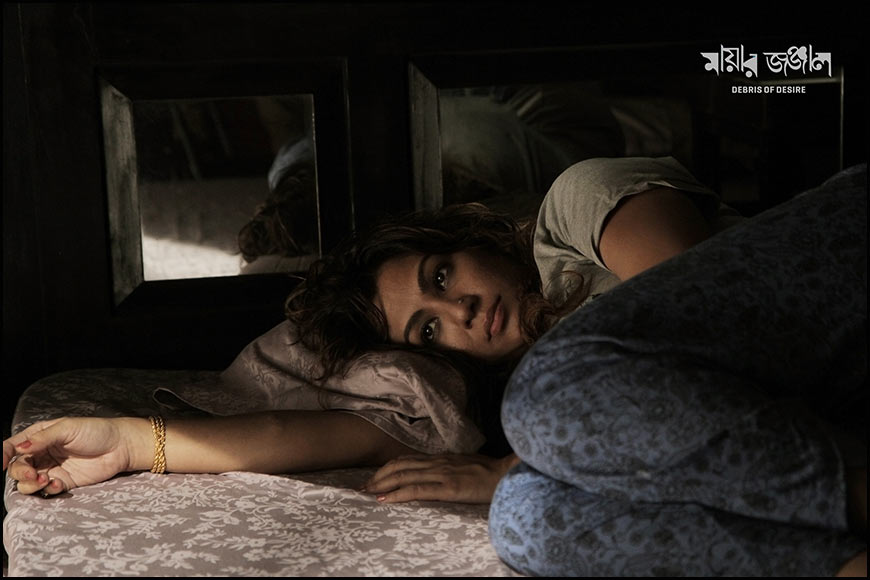 Mayar Jonjal
Mayar Jonjal
The Silver Wood Award for best South Asian feature film was received by Indranil Roy Chowdhury for his film Mayar Jonjaal (Debris of Desire). Roy Chowdhury won the National Award for his debut film Phoring, about an adolescent boy awakening to his sexual desires. Mayar Jonjal is a beautiful blending of two short stories by the iconic Manik Bandopadhyay. The two stories explore the lives of very marginal people who live on the edges of the city and how their attempts to break out of their boundaries keep failing. Among these, one is a sex worker, one is a petty criminal in love with the sex worker, one is a security guard who is out of a job because he arrives late for work, sleeps on the job, and tends to drink. He is very unhappy when his wife takes up the job of a housemaid in a very affluent family. His desperate attempts to get his wife out land him in further trouble. Roy Chowdhury has kept the stories open-ended and blended the two so smoothly that nowhere do they clash.
The Golden Wood Award for best International feature film was presented to Nasir (2019), a Tamil film directed by Arun Karthick, with help from the Hubert Bals Fund from Netherlands. Nasir premiered at the International Film Festival Rotterdam in 2020, as an entry for the Tiger Competition and won the prestigious NETPAC Award for best Asian feature film. It also premiered at the MAMI film festival Mumbai. Though apparently a simple and straightforward story of a middle-aged Muslim salesman called Nasir, at the subterranean level, it explores the issues of how fundamentalism, both among the majority and the minority, can make an ordinary, family-loving man who writes beautiful poetry and loves to listen to old Hindi songs, destroy the innocent man, a stranger, just because he happens to live in a Muslim neighbourhood.
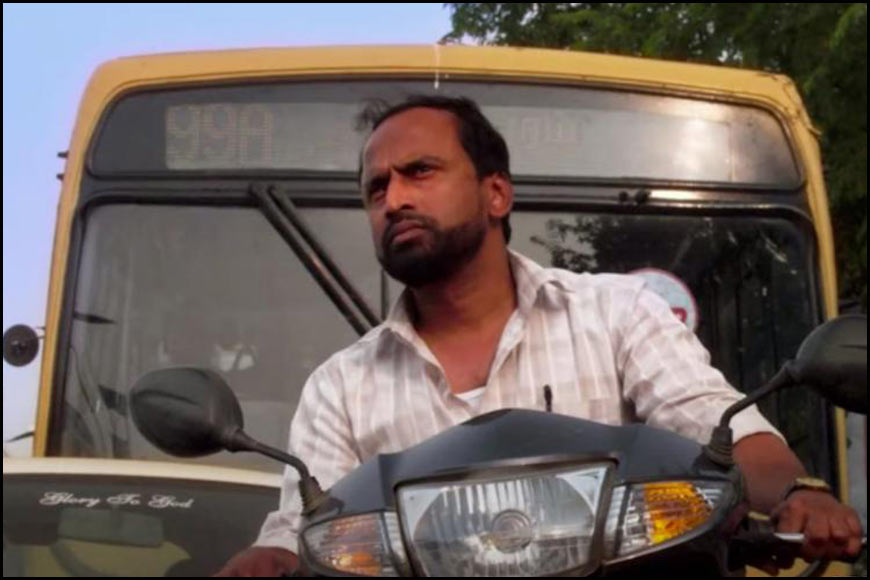 A still from Nasir
A still from Nasir
As for the awards for the media and fine arts for young film aspirants, Sayan Paul received the Young Critics’ Award, while Rimbik Das was announced as the winner for the Young Visual Artists competition. The film they were asked to critique within 500 words and paint a poster for is the brilliant Mexican film Los Lobos.
The other outstanding film among the international greats was Contactado, directed by Marité Ugás from Peru. Contactado addresses topics such as faith and doubt, hope and desperation.
Los Lobos, directed by Samuel Kishi Leopo, narrates a touching and very sweet story of two little brothers, Max and Leo, who are brothers in real life too. They are instructed by their mother not to step out while she is away, and the director’s imaginative brilliance captures the boredom Max and Leo face very movingly, portraying their yearning for the world outside the window. Since real-life brothers Maximiliano and Leonardo Najar Marquez play the roles, they carry an aura of authenticity, as they are spontaneous and natural. They fight and hug each other and play with the plastic figures, draw animated figures on the wall, or press their innocent faces against the window of their closed room.
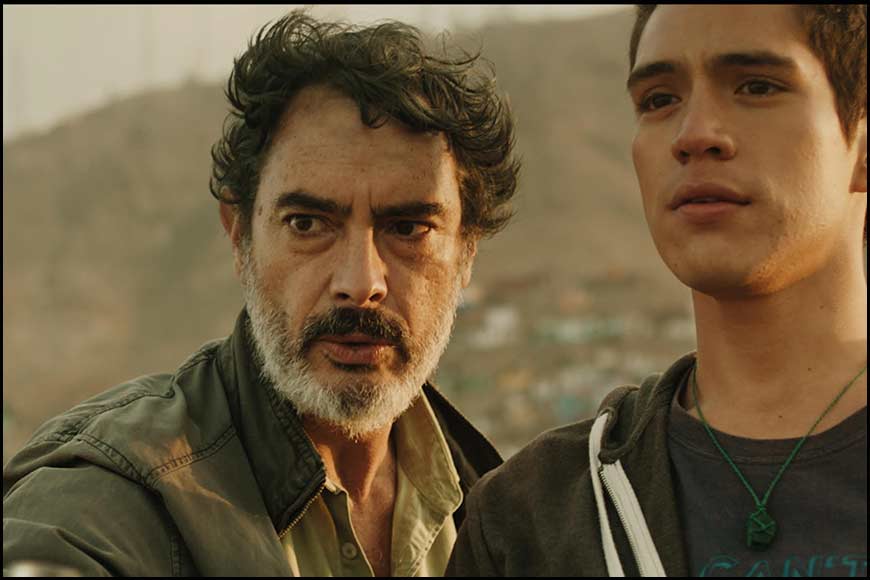 A shot from Contactado
A shot from Contactado
The other outstanding film among the international greats was Contactado, directed by Marité Ugás from Peru. Contactado addresses topics such as faith and doubt, hope and desperation. While the protagonist represents hope for many who are or have become hopeless, his prophecies have also done irreparable damage. The director has been inspired by Albert Camus' novel The Stranger, and it was amazing to discover that he has used a hand-held camera to shoot almost the entire film.






